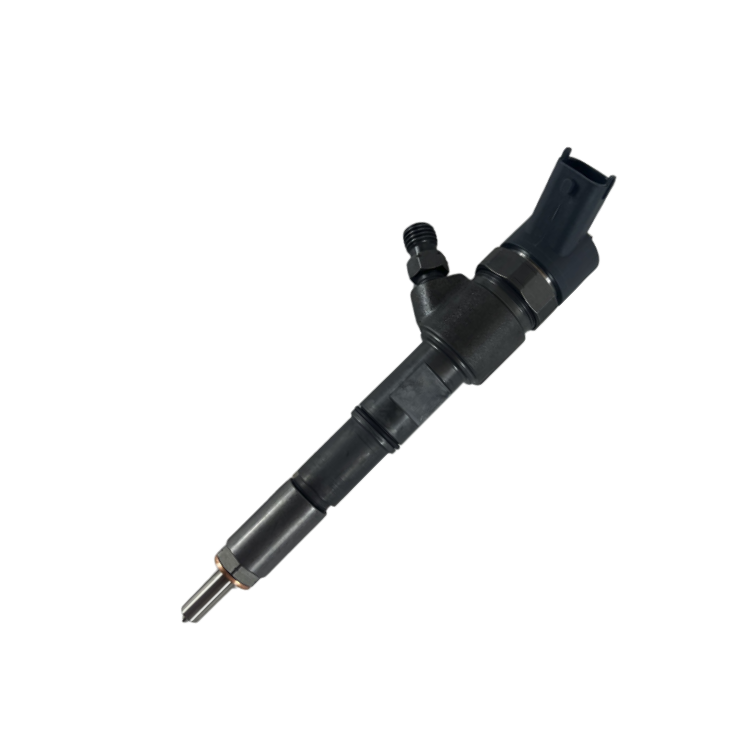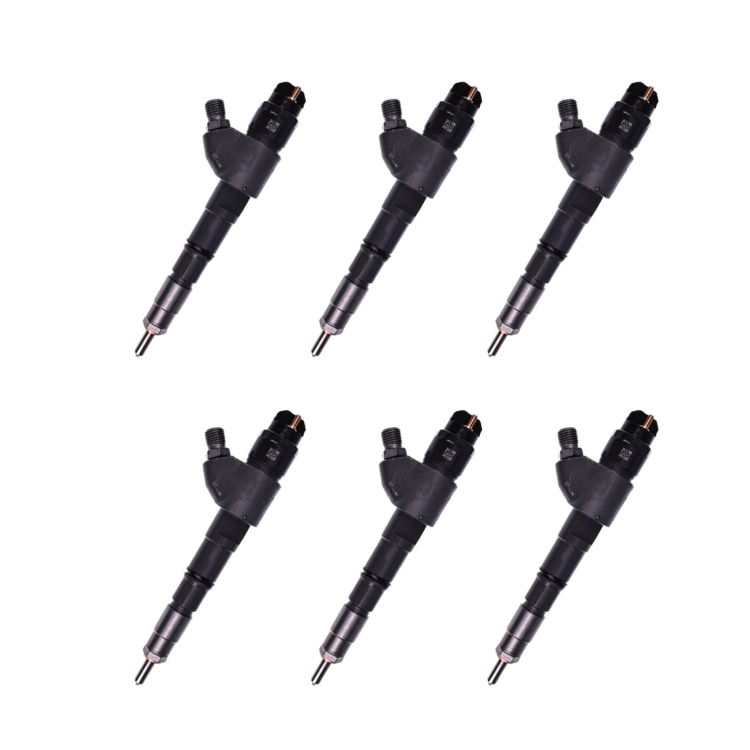Fuel injectors are crucial components in your vehicle’s engine, responsible for delivering the precise amount of fuel needed for efficient combustion. When a fuel injector goes bad, it can lead to various engine performance issues that, if left unaddressed, could result in costly repairs. Understanding what happens when a fuel injector fails can help you take prompt action to keep your engine running smoothly. In this blog, we’ll explore the common symptoms and consequences of a bad fuel injector.
-
Engine Misfires
-
One of the first signs of a bad fuel injector is engine misfires. If the injector isn’t delivering the right amount of fuel to the combustion chamber, the engine may misfire, leading to rough idling, loss of power, and hesitation during acceleration.
-
-
Poor Fuel Efficiency
-
A malfunctioning fuel injector can disrupt the air-fuel mixture, causing the engine to burn more fuel than necessary. This results in decreased fuel efficiency, meaning you’ll need to fill up more frequently.
-
-
Rough Idling
-
When a fuel injector isn’t working properly, the engine may idle roughly or feel unstable. This is often due to an imbalance in the fuel distribution across the cylinders, which affects the engine’s smooth operation.
-
-
Excessive Exhaust Smoke
-
A bad fuel injector can cause excessive smoke to be emitted from the exhaust. Depending on the nature of the problem, the smoke may be black (indicating too much fuel), white (indicating unburned fuel), or blue (indicating oil burning along with fuel).
-
-
Hard Starting
-
A failing fuel injector can make it difficult to start the engine. If the injector is leaking or clogged, it may not provide the necessary fuel for a quick and smooth start, leading to prolonged cranking or failure to start.
-
-
Check Engine Light
-
The check engine light may illuminate if the engine control module (ECM) detects an issue with the fuel injector. While this light can indicate various problems, it’s important to investigate if it appears alongside other symptoms of injector failure.
-
When a fuel injector goes bad, it can cause a range of issues that affect your vehicle’s performance, fuel efficiency, and reliability. Recognizing the symptoms early—such as engine misfires, poor fuel efficiency, or excessive exhaust smoke—can help you address the problem before it leads to more serious damage. If you suspect a fuel injector is failing, it’s essential to have it inspected and repaired by a professional. Taking timely action will ensure your engine continues to run smoothly and efficiently, saving you from costly repairs down the road.











































